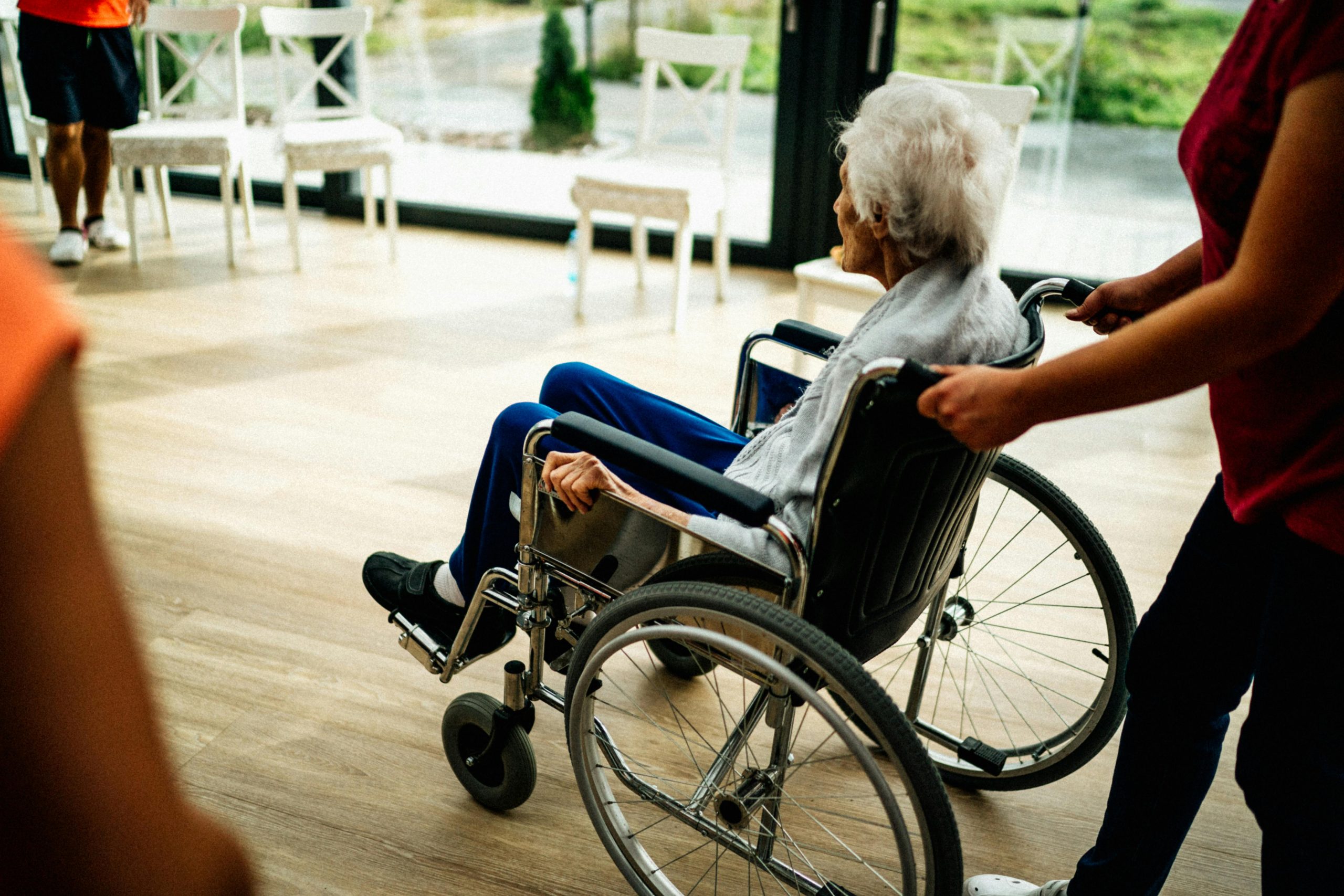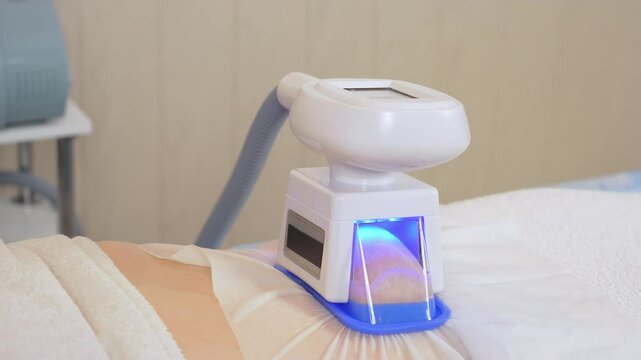The Ultimate Guide to Understanding Nursing Home Neglect

Navigating the world of elder care can often feel like walking through a maze. It’s filled with helpful signs that sometimes lead us astray. One critical issue that often arises in this journey is nursing home neglect.
Imagine placing your loved one in a facility that promises comfort and care. Then, only to discover they are not receiving the attention they deserve. This guide sheds light on the signs, implications, and potential solutions to nursing home neglect.
We’ll ensure that you are well-equipped to advocate for the loved ones in your life. So, let’s roll up our sleeves and dive into the often-overlooked nuances of this essential topic!
Understanding Nursing Home Neglect
Before we explore nursing home neglect, it’s essential to understand what this term means. Nursing home neglect is a form of elderly care abuse.
It occurs in care facilities like nursing homes and assisted living centers. It can manifest as physical harm, emotional abuse, or financial exploitation.
Residents are particularly vulnerable to neglect due to their age and health issues. They often have limited ability to communicate or advocate for themselves.
Neglect can result from understaffing, lack of training, and inadequate policies. It may sometimes even be intentional actions by staff members.
Recognizing Signs of Neglect
It’s vital to be aware of the signs of neglect and take action if you suspect your loved one may be a victim. Some common red flags include:
- Unexplained injuries or bruises
- Changes in mood or behavior
- Poor personal hygiene habits
- Signs of malnutrition or dehydration
- Unsafe living conditions present
- Medication management not followed
If you notice any of these warning signs, it’s crucial to investigate further. Speak with the facility’s staff and administration.
What to Do If You Suspect Neglect
If you’re worried about potential neglect in your loved one’s nursing home, there are steps you can take. First, document any evidence or observations, such as photos, staff conversations, and reports from your loved one.
Next, contact the facility’s administration to share your concerns. Stay calm and respectful to foster a constructive dialogue.
You can also file a complaint with the Department of Health and Human Services. If your loved one’s safety is at risk, don’t hesitate to remove them from the facility and find alternative care.
Educating Others on Nursing Home Neglect
While it may be uncomfortable to discuss, it is crucial to educate others on nursing home neglect. This will help prevent future occurrences.
This includes talking to other families considering placing their loved ones in a nursing home. You can also raise awareness in your community.
You can also advocate for better regulations and policies to protect nursing home residents. You may contact your state representatives and supporting organizations that work towards this goal.
When seeking legal advice regarding nursing home abuse claims, consider Domnick Cunningham & Yaffa. Their experienced team can help navigate the intricacies of elder law. It also ensures that your loved ones receive the justice they deserve.
Also Read: How Private-Duty Caregivers Provide Personalized and Compassionate Care
Taking a Stand Against Nursing Home Neglect: Empowering Change for Our Elders
Nursing home neglect is a widespread issue that affects many vulnerable individuals. By understanding the signs and taking action, we can all play a role in preventing this form of elder abuse.
Let’s work together to ensure that our loved ones receive the quality care and respect they deserve in their later years. Remember to always be vigilant, educate others, and advocate for those who may not have a voice of their own.
Does this article help you? Explore our website to find more helpful and fun stories that could help you.






